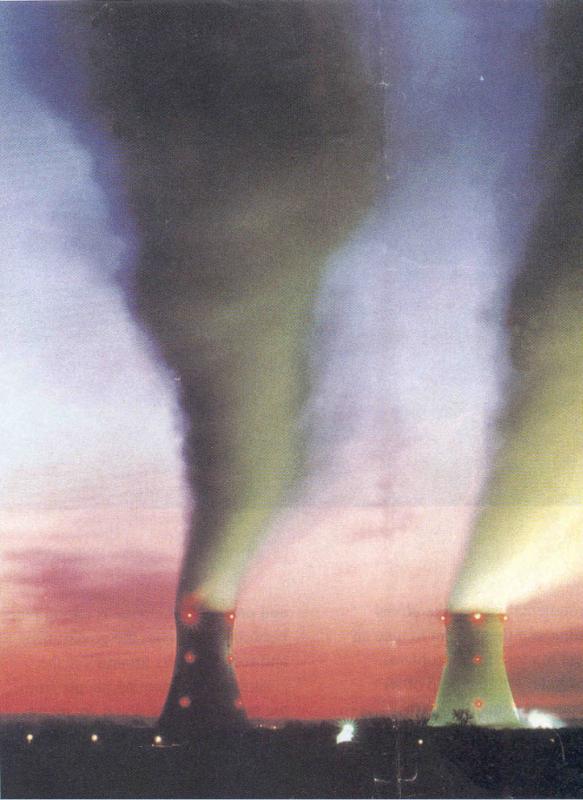Time To Turn Down The Heat
By Fr. Sean McDonagh mssc
 If asked to list the problems that need urgent attention in the world today few people would name global warming. One of those who did, back in 1990, was Pope John II when he warned that the “greenhouse effect” had reached crisis proportions. This is not a solitary or alarmist voice. Other people, especially scientists, are also extremely worried abut the long-term effect of global warming on the planet and the peoples of the earth. In the run up to the Climate Conference held in Kyoto, Japan, in 1997 more than 1,500 of the world’s most distinguished scientists signed a declaration urging leaders to act immediately to prevent the “potentially devastating consequence of global warming.”
If asked to list the problems that need urgent attention in the world today few people would name global warming. One of those who did, back in 1990, was Pope John II when he warned that the “greenhouse effect” had reached crisis proportions. This is not a solitary or alarmist voice. Other people, especially scientists, are also extremely worried abut the long-term effect of global warming on the planet and the peoples of the earth. In the run up to the Climate Conference held in Kyoto, Japan, in 1997 more than 1,500 of the world’s most distinguished scientists signed a declaration urging leaders to act immediately to prevent the “potentially devastating consequence of global warming.”
While life would not be possible without a warm atmosphere the appropriate temperature balance is a delicate one. The present problem has its roots in the huge increase in the burning of fossil fuel which began with the industrial revolution in the second half of the last century. The multiplication of industries meant the release of greenhouse gases into the atmosphere. (These are gases which produce an effect somewhat similar to that of glass in the greenhouse, Ed.) Scientists estimate that the levels of carbon dioxide, one of the most important greenhouse gases, has increased by 255 since the beginning of the industrial revolution. Unless drastic action is taken a further 30% increase is expected in the next 50 years. This could lead to an average increase of between 1.5 and 4.5 degrees celsius in global temperatures by the year 2030.
What will happen then?
So what? Global warming brings very serious consequences. A slight rise in temperature would melt much of the ice-sheet in the Arctic and Antarctic and lead to a significant rise in the level of the ocean. The impact on people in many pacific islands, low-lying areas like Bangladesh or the Nile Delta would be catastrophic. Tens, possibly hundreds, of millions of people would be displaced. Global warming will also bring much more erratic weather conditions – a considerable increase in the frequency and intensity of hurricanes and typhoons.
Scientists also predict that if the present trend continues rainfall patterns will change dramatically. Some major croplands like the prairie lands of North America will most likely be lost because of drought. Deserts will also increase most notably in Africa. The disruptive impact on agricultural could lead to famine in many Third World countries.
Action is needed now
Global warming will continue to plague the Earth unless Northern Countries drastically reduce their consumption of fossil fuel. Is this possible? It is, but it will call for energy efficiency, good public transport and a drastic cut in the use of fossil fuel. Specific and legally binding targets for reducing carbon dioxide emission need to be set.
An effective way to achieve this would be the introduction of “a carbon tax”. The price of fossil fuel should reflect the real cost of extracting and consuming oil or coal on human health and the environment. Those in favor of this approach point out that an energy tax would help stimulate new inventions, promote energy efficiency and compensate people in the Third World who, by not burning fossil fuel, have helped to lessen the global problem.
As part of its prophetic witness the Church must challenge the individuals and the institutions who are primarily responsible for the global warming to change the profligate way they use energy. Pope John Paul II has called for “simplicity, moderation and discipline, as well as a spirit of sacrifice ... lest all suffer the negative consequences of the careless habits of a few".